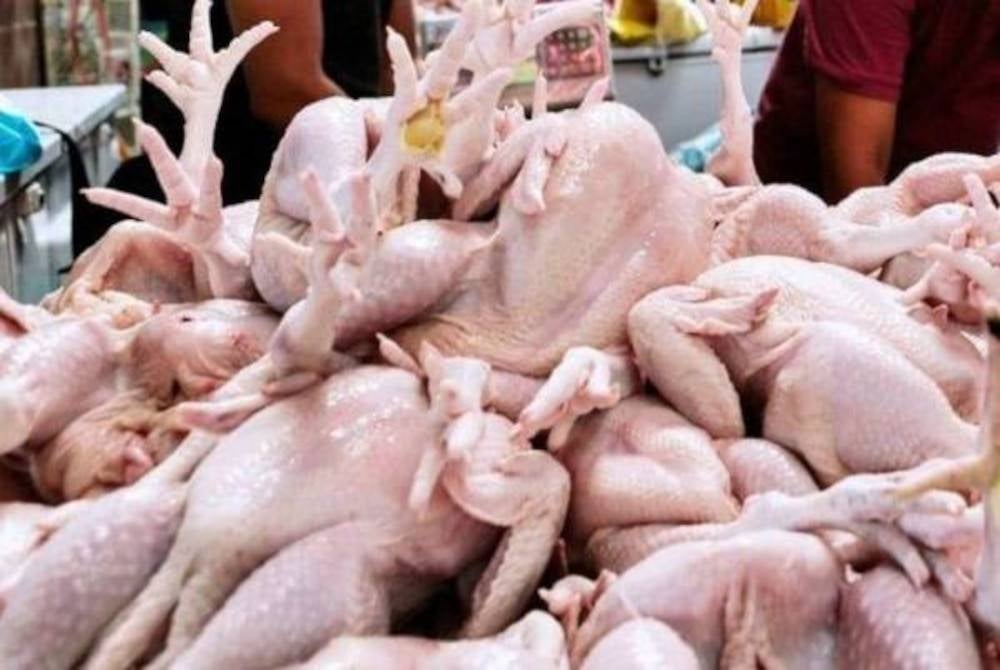Feather-fuffling changes, how market dynamics will take care of chicken and eggs prices
SHARIFAH SHAHIRAH
SHAH ALAM – With the removal of price controls for chickens and eggs were revealed in Budget 2024, concerns mount and loom as experts emphasised the need for vigilance in maintain fair prices through dynamic supply and demand.
And while price fluctuations seemed inevitable once prices were to be re-floated into the free market, economist Professor Geoffrey Williams was optimistic that such yo-yoing will be temporary and stabilised once the market readjusts.
Price controls, in the form of subsidies and price ceiling, were imposed onto chickens and eggs, due to supply shortage, increase cost of logistics during the Covid-19 pandemic which led to an almost-untenable price surge.
“Although these [measures] worked to keep prices lower, it also cut the income and profit margins for suppliers as long as the restrictions persisted.
“Slowly, supply has increased, and the market prices have stabilised and become more affordable. So, now the price controls can be removed,” said Geoffrey who lectured at University of Science and Technology.
When he tabled Budget 2024, Prime Minister Datuk Seri Anwar Ibrahim argued that the decision to float the prices of chickens and eggs were due to the fact that supplies have stabilised.
The massive supply disruption – borne of Covid-19 – was, remarked Federation of Malaysian Consumers Association deputy president Datuk Dr Paul Selvarah, a cautionary reminder for the government to ensure the security of basic food necessities in the country.
“100 per cent of our basic foods need to be produced so that there are no issues of soaring prices. Sufficient supply and prices will remain stable. Chicken, fish and eggs are necessities, regardless of which income group one is in.
“Our Food First Police needs to prioritise the essentials, especially so that it does not result in inflated prices. The government needs to ensure that this policy runs in the long term,” said Selvaraj.
He also stressed on the need for Malaysia to have a healthy competition between food suppliers rather than relying solely on imported supplies which tends to be volatile in times of conflicts or disasters.
In regard to concerns of lack of enforcement, greedy hoarding and unscrupulous stockpiling, Selvaraj reasoned that while effective supply and demand management negated the need for price controls, strict monitoring was still needed to prevent monopoly.
“The government's role is to ensure that prices are fair, maintain adequate supply, and promote competition among producers.
“Stable production and demand will prevent price spikes but the government must ensure supply equals demand, remove monopolies and foster competitions,” said Selvaraj.
Geoffrey also spoke on the same note, arguing that the risk of hoarding was unlikely given how there’s less incentive for businesses to stockpile now that price controls have been removed.
“Enforcement will not be necessary as prices will be determined by market forces. Retailers will source from the best-priced suppliers, and consumers will choose the most affordable retailers.
“If the market is competitive at wholesale, retail, and consumer levels, then the hoarding will be defeated by the market mechanism. The issue is to remove anti-competitive behaviour among sellers,” Geoffrey contended.
Download Sinar Daily application.Click Here!














